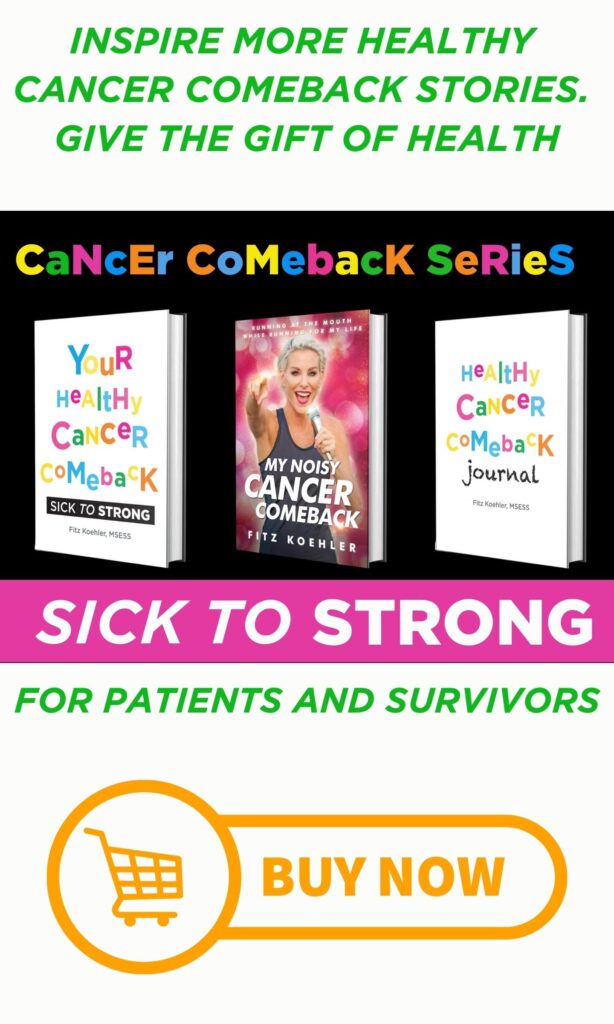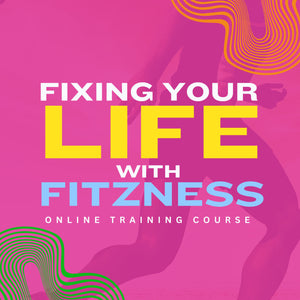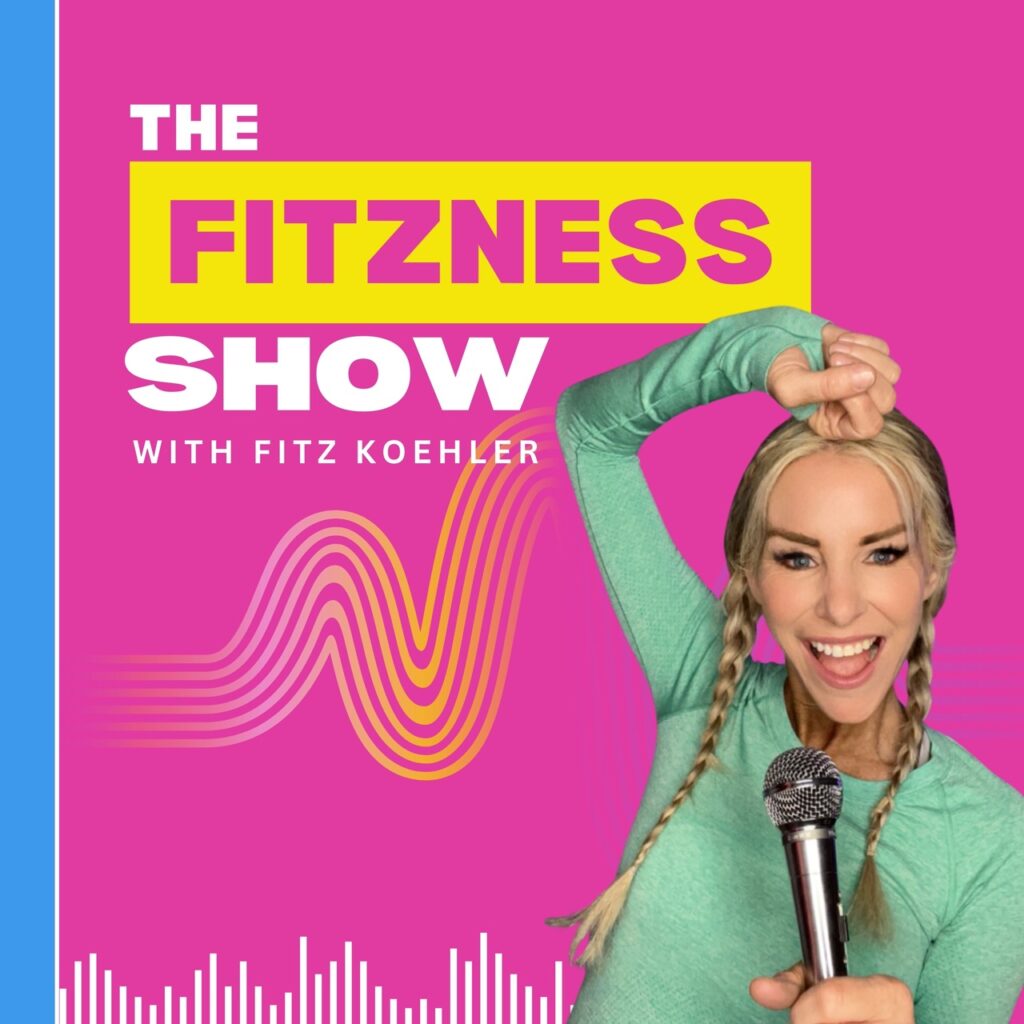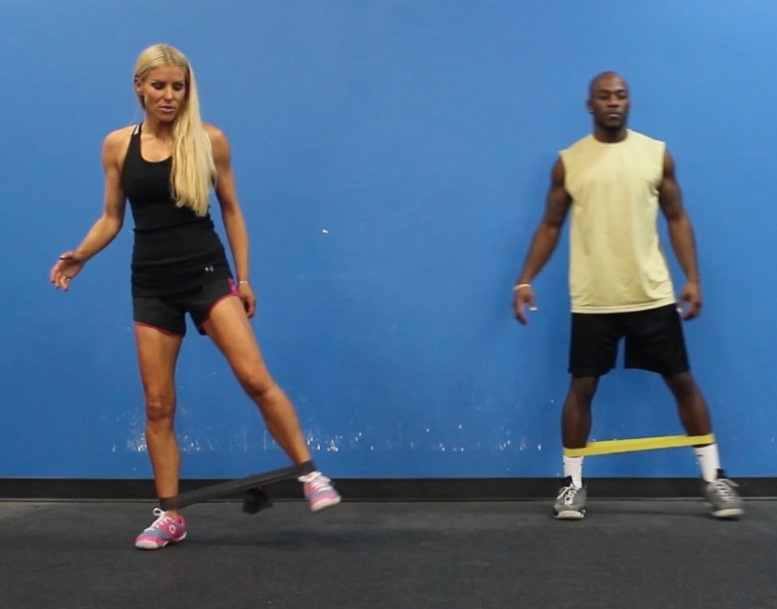Many people will hit the gym and leave after an hour, feeling like you had an effective workout. You’re sweating a lot, it felt pretty tough, and you’re pleased with yourself. That’s great, but are you performing as effectively as possible? How much emphasis did you put on your pre-workout and the post-workout routine? What did you actually do during your workout? To work out more effectively, you’ve got to focus on all three stages. Let’s game plan in a smart way to make sure you get the best out of all of your workouts.
Pre-Workout
The things you do before a workout will directly affect what happens during it. Think about it, if you exercise while feeling tired and lethargic, you won’t be able to perform to your peak capacity. By contrast, if you show up with quality energy, you can perform significantly better. You’ll be able to attack your workouts with more intensity, which will lead to greater results. You also need to warm up properly to prevent injuries. If you jump straight into an intense workout or one in which you quickly go through wide-ranging motions, you’ll increase your chances of pulling or tearing a muscle or injuring yourself in other ways. This would put you out of action for weeks, undoing any progress you previously made.
As such, you should focus on two things:
- Warming up your muscles properly
- Fueling before you exercise
Warming up entails preparing your body for more vigorous movement. Ideally, you will begin by doing a less intense version of your planned workout within a smaller range of motion. For example, if you are going to do running sprints, warm-up by jogging slowly. If you are going to spar during karate class, warm-up with low kicks, punches without pop, and twisting motions. As your body heats up, you begin to sweat and your range of motion increases, you can increase the intensity of your workout without fearing injury.
As for fueling properly, it’s a case of making sure you have enough energy. Because of digestive sensitivities, some people can eat a lot before workout out, others can’t. Aim to consume carbs for extra energy during training and protein to help build muscle and stave off hunger pains. A meal or snack about 30-60 minutes before training is ideal.
During your workout
Next, we look at the workout itself. There are two main things I want you to think about here:
- What are your goals?
- Are you pushing yourself?
Goals are important as they shape the workout. For example, let’s say your goal is to lose weight. The Exact Formula for Weight Loss will teach you how to personalize a caloric budget, and how to eat the right amounts of the right foods for the size you’d like to be. But you should also aim to burn calories through exercise. Intense cardiovascular exercise will burn a ton of calories, while strength training helps build muscle which burns calories far more quickly than fat.
Next, are you pushing yourself? Are you using weights that are actually a challenge? Are you attacking your workouts with enough intensity? So many people are not doing this. You follow a plan that says 10reps, so you pick up a weight, complete 10 reps with ease, and leave it at that. Instead, you need to change to a heavier weight that makes you fail within that rep range! The same applies to cardio workouts – especially HIIT. Push yourself in a way that lets you leave the session feeling like you went as hard as you could.
Post-Workout
Finally, your post-workout routine is incredibly important. Now, it’s all about recovering and helping your body change. As such, the focus is on:
- Food
- Muscle recovery
As far as your food intake goes, it depends on your goals. Be sure to track your calories if you’re hoping to lose weight or maintain your weight. There’s not really a secret when it comes to the specific meals you eat. Realistically, you just have to eat a well-rounded variety of foods providing as much nutrition as possible.
Muscle recovery is vital to ensure your muscles repair and rebuild from the productive damage done while strength training. Stretching is a key part of recovery, but you can also add self-massage in as well. If you look at this article by All The Stuff, you’ll see reviews for loads of massage guns. These tools are really popular at the moment and really effective at relieving muscle soreness. Using this – or even getting a foam roller – can help relax muscles and make them recover faster. Of course, sleep is the ultimate recovery tool. Aim for eight hours a night to recharge your mind and feel fresh the next day.
A poor post-workout routine can undo all the hard work you put in before and ruing your workout. So, it’s just as important! Hopefully, this demonstrates the need to focus on all three areas of your workout. Neglect just one, and the whole thing becomes less effective.






